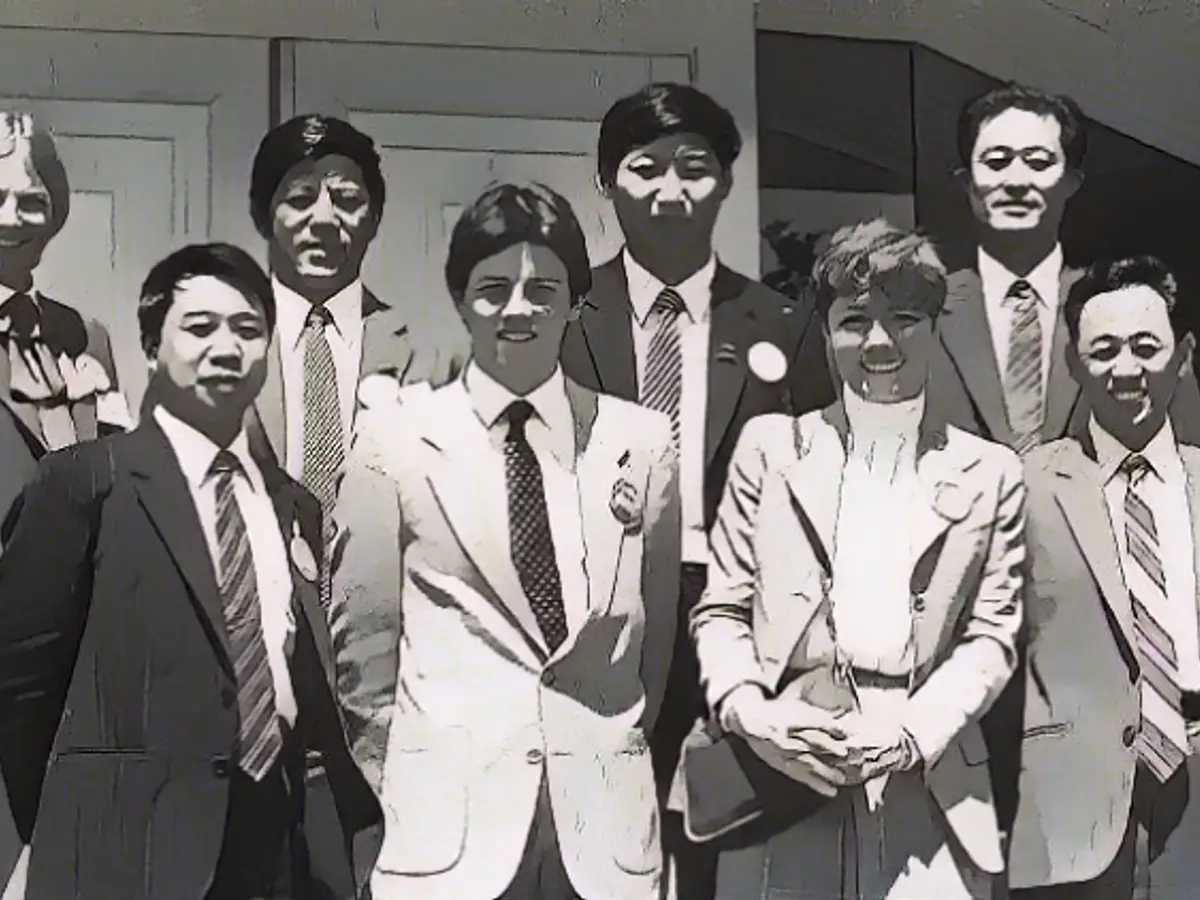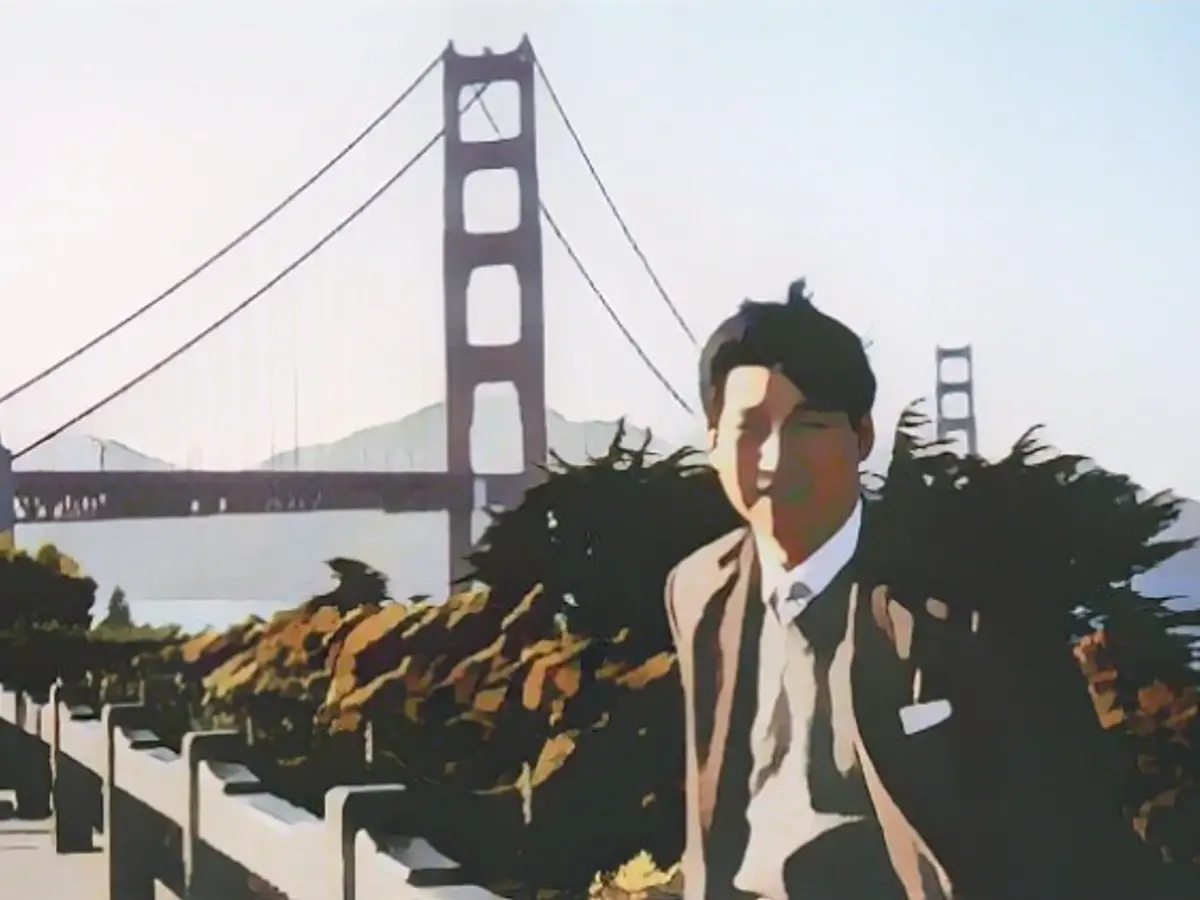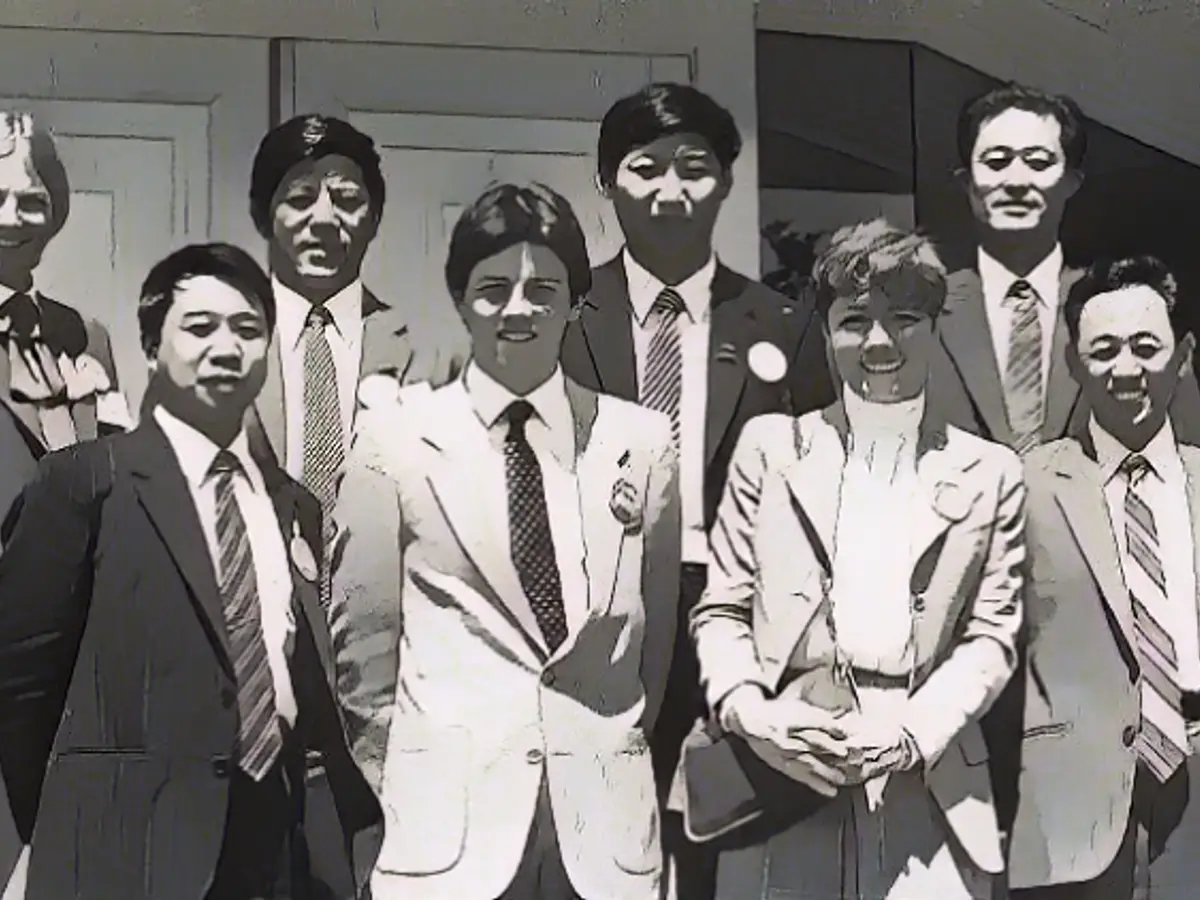Xi shows Biden his car - and sends a signal to the world
There was not much to lose, relations between the US and China were at their lowest point. But the US president will take this meeting back to the Oval Office as a success. Not even the word "dictator" changes that.
"This is a great car," says Joe Biden as he accompanies his guest Xi Jinping to his limousine. The Chinese head of state immediately has the door opened to proudly demonstrate to the American car fan Biden what China has now achieved in the automotive sector. After the US President has had a quick look at the interior, he proudly announces that his Cadillac even has a name. The Secret Service calls it "Beast". Both smile.
Two male political alphas talking about cars - Chinese television has deliberately published these images. What they are supposed to say: This is confidants chatting who understand each other perfectly. Only the pauses needed by the translators make the conversation between the 80-year-old Biden and the 70-year-old Xi a little awkward. But the final scene of this thoroughly choreographed summit, in which sitting and looking directions had previously been discussed in obsessive detail, is also going around the world. Images that are sure to be seen in Tehran, Moscow and elsewhere. China and the USA are back in talks. "These were the most constructive and productive discussions we have ever had," Biden would later say.
Xi knows the USA from the 1980s
The bilateral superpower summit overshadowed the actual event. The Asia-Pacific Economic Cooperation (APEC) is holding its annual meeting with its 21 members. The USA is the world's largest economy and China the second largest. The USA is hosting this year's meeting and San Francisco, the city on the Pacific, has been awarded the contract to host the conference. The White House saw an opportunity to warm up relations with China on the fringes of the summit. The commitment from Beijing was already a small initial success. At this level of international diplomacy, it always says something who is traveling to whom. Xi came to the USA in person instead of sending a representative. At the same time, he can save face because he did not have to appear in Washington, but was able to use the APEC meeting on the West Coast as an opportunity.
Xi knows the USA. In 1985, as an official of the Chinese Communist Party, he was given a tour of rural Iowa, and the pictures of the Chinese man on the combine harvester have just been retrieved from the archives. And Xi is just in time to show that he is not only good with politicians. He invited some of the farmers from back then to the summit dinner, for which others have to pay 2,000 dollars - those who want to sit at the table with Xi personally even pay 40,000 dollars. At the meeting with the governor of California, Xi said: "The foundation of China-US relations lies with the people, and we have always had confidence in the people." Yet many governors are aware of the aggressive policy China is pursuing. Some states have passed laws so that China can no longer buy land there.

The vast majority of US citizens have a negative image of China
Just as hardly anyone in the USA has a good opinion of China at the moment. According to the Pew Research Center, 83 percent of Americans have a negative image of the country. The balloon from China shot down by the US military over the USA at the beginning of February, which according to the Americans was an espionage instrument, has not helped to improve this image either. The US President's economic policy is also focused on winning the battle for future technologies. With a law to promote chip factories and billions for new technologies, Biden wants to produce for the USA and in the USA. He is taking on enormous debts to achieve this. At the same time, he is sanctioning the export of important chips to China. The economy there is currently suffering from a general lack of growth - even though increasing prosperity is the Communist Party's most important election promise.
But the US President also knows that the world's crises cannot be solved without China. Both sides signed a declaration of intent for more climate protection before the summit. In December 2018, Xi also promised Donald Trump to support the fight against drugs that end up in the USA from China via Mexico. Nevertheless, the number of fentanyl deaths continues to rise.

The generals are talking again
The fact that the military are talking to each other again can only have a de-escalating effect. Their radio silence came after the then Democratic Speaker of the House of Representatives, Nancy Pelosi, traveled to Taiwan. She wanted to dispel any doubts: should China invade Taiwan, the US Congress would stand by its promise to support Taiwan militarily. And it is precisely at this point that it becomes clear what a shaky affair the newly rediscovered relationship between Xi and Biden is.
"It is unrealistic that one side can reshape the other," says Xi as he sits opposite Biden and wants to make it clear: no matter what comes out of our meeting, China will remain China, with its "dictator" at the helm. It was the US president who, after the meeting with Xi, once again chose this term to describe the Chinese ruler, only to add: "He is a dictator in the sense that he (...) rules a country that - it is a communist country - that is based on a form of government that is completely different from ours." US Secretary of State Anthony Blinken looked down in horror when the word dictator was mentioned. Almost as if to say: months of work undone by one word. But Xi needs Biden and they both need this summit. The scandal over this term, which Biden had already used once, did not materialize this time.
No doubt - if these world powers can pick up the phone again and simply call each other, it can only be a success. At the same time, however, it is a relationship that can be cooled again by small disruptive fires, such as uninvited visits to Taiwan. After all, even the seemingly harmonious images should not obscure the fact that it was Biden and Xi who brought the relationship to a low point within a year.
- During the APEC summit in San Francisco, California, Antony Blinken acknowledged the importance of maintaining open communication with China, even as the vast majority of US citizens have a negative image of the country.
- Despite the negative public opinion towards China, Xi Jinping invited some of the American farmers he met during his visit to Iowa in 1985 to the APEC summit dinner, emphasizing the importance of people-to-people connections in US-China relations.
- Joe Biden and Xi Jinping met in San Francisco, marking a significant moment for US-China relations, as the two leaders attempted to navigate their complex relationship amidst ongoing tensions and disagreements.
Source: www.ntv.de








